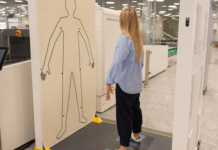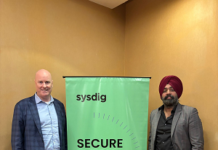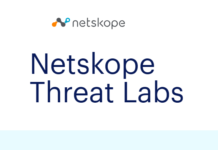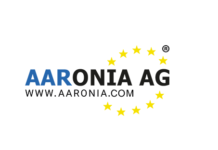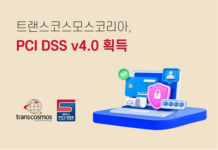
Commercial paper transaction processed in minutes rather than days thanks to blockchain technology
Project is a major step toward fully blockchain-based securities trading
For the first time, Continental, Commerzbank and Siemens have carried out a test transaction as part of a pilot project to process a money market security between the companies using blockchain technology. The transaction took place in January. It had a volume of €100,000 and a term of three days.
Continental was the issuer of the money market security, which was in the form of a euro-denominated electronic commercial paper according to legal requirements stipulated in the Luxembourg law. Commerzbank provided the Corda-based blockchain platform through its research and development unit, Main Incubator, and acted as a service partner. Siemens subscribed to the money market security as an investor. Corporate law firm GSK Stockmann provided legal advice on the transaction.
The main motivating factor for Continental and Siemens to carry out this project was to experiment with blockchain technology in practice with a view to using it in the medium to long term for regular financial transactions as well. In this pilot project, the transaction was initiated and settled directly between the two companies. A regular securities transaction between two companies was used as a starting point. The companies not only generated the money market security, but also processed the trade (including payment processing) in a legally binding manner using blockchain. The documents and funds were exchanged in a matter of minutes rather than days using this process. Unlike with conventional transactions, Commerzbank was no longer acting as a broker between contracting parties for this particular transaction, but as a platform operator and service partner. It provided the platform and all the technical requirements for blockchain trading, the legal structure and the digital money for direct trading of the money market security (based on e-money as financial collateral, “cash on ledger”).
Processing money market securities usually takes up to two days
Money market securities are used to satisfy companies’ short-term financing requirements. Traditional aspects such as affordable financing costs and flexibility are particularly important with this form of short-term liquidity management. Blockchain will change aspects such as transparency, direct contact with investors and prompt settlement of transactions. The latter will change particularly with regard to the very short terms typically seen for money market securities. Payment and payment processing normally take two days. This is because of clearing systems, which are used to settle payments between accounts and involve a certain time lag.
Blockchain technology enables direct contact and more efficient processing
Blockchain is a special form of distributed ledger technology (DLT). It involves a local database that is used to store replicated, shared and synchronized digital data. All users of a DLT network have access to the same data at the same time. They also have shared write and read rights to the data and shared transparency. This causes a shift in the role of central broker – which is usually performed by banks in the context of financial transactions. State-of-the-art encryption and signature processes based on asymmetric cryptography are used, and are now considered to be practically tamper-proof.
The first dematerialized transaction of money-market securities
For the first time a digital money market security transaction was processed in a legally binding manner. This also made the transaction a lot faster and more efficient to process than before. It was possible because unlike similar blockchain transactions that have been processed previously, this transaction involved a security displayed entirely in blockchain form. The money market security was issued purely in digital form, with the purchase price amount in euros converted by Commerzbank – which has an e-money license – into digital money, so that payment could be made using blockchain. All requirements relating to this transaction were handled by digital and legally binding means using blockchain technology. Immediate value dating and real-time settlement were also possible. This is being regarded as the first step toward technical scaling of automated securities issues.
In the pilot transaction, the security was issued in accordance with Luxembourg law. Consequently, the security was issued, signed and traded digitally using a qualified electronic signature. In addition, for the security trade to be displayed directly and digitally as a delivery vs. payment transaction, the e-money held as financial collateral by Commerzbank was furnished digitally via blockchain, enabling the companies to exchange the security instantly for e-money.



